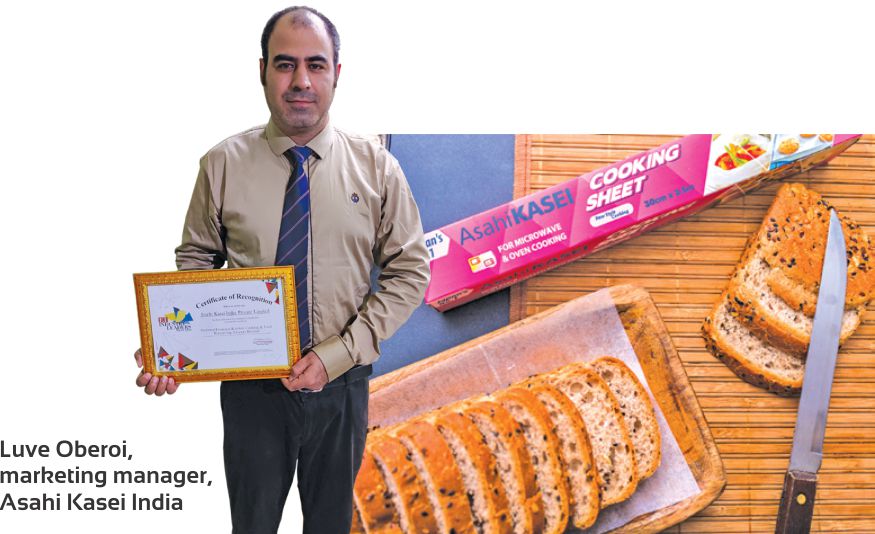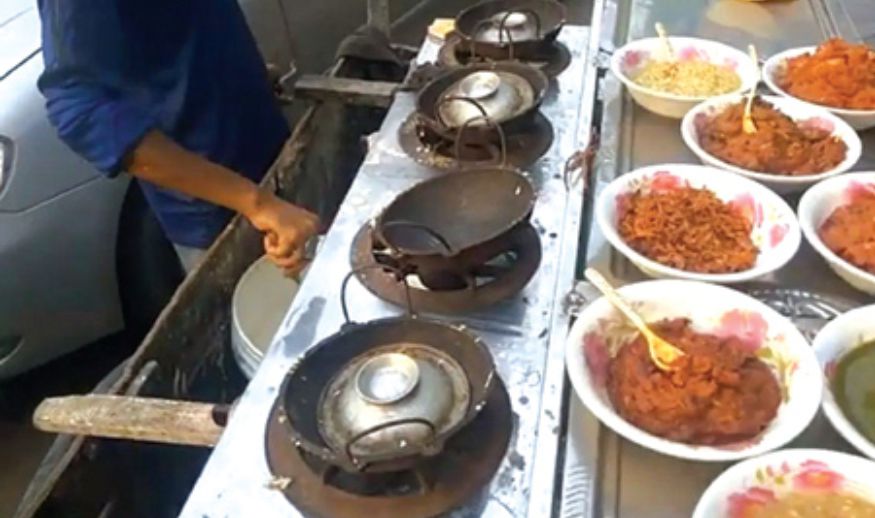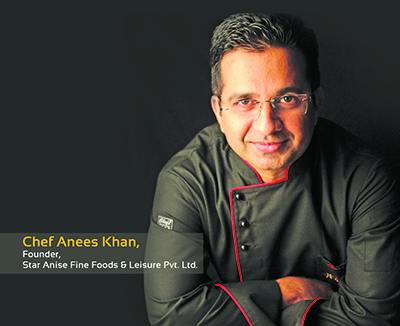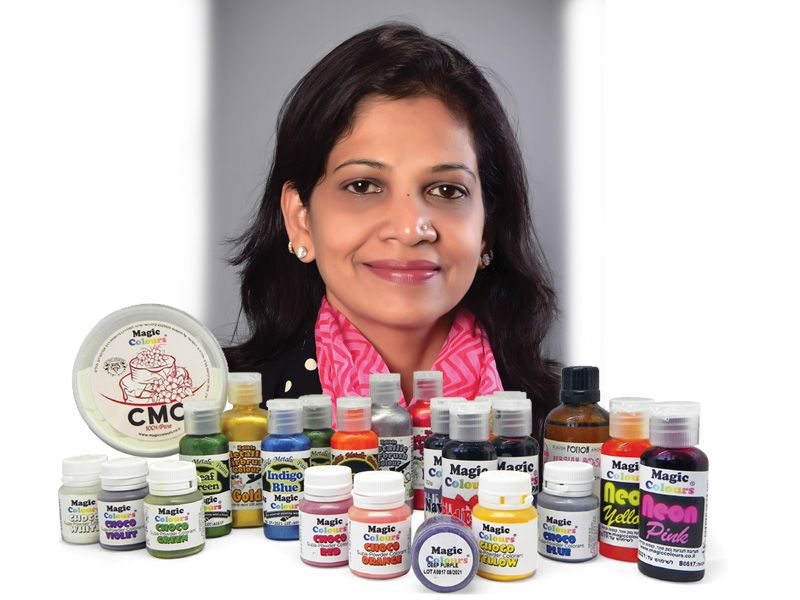Bakery Biz, January-February, 2022
According to the draft regulations released by the Food Safety Authority of India (FSSAI), without prior approval, food companies cannot manufacture or sell any food products or food ingredients derived from genetically modified organisms (GMOs).
 The publication of the Draft Regulations and the possibility of officially permitting use of GMO food products in India has raised numerous debates among public. Environmentalist strongly oppose use and consumption of GMO food products with adverse impact on health, food safety, soil and environmental at large whereas others rely on the perceived benefits and advantages of implementing this novel technology for better yield, productive and less food wastage. The finalisation and implementation of the Draft Regulations is subject to the responses and comments of the stakeholders and their assimilation in the Draft Regulations.
The publication of the Draft Regulations and the possibility of officially permitting use of GMO food products in India has raised numerous debates among public. Environmentalist strongly oppose use and consumption of GMO food products with adverse impact on health, food safety, soil and environmental at large whereas others rely on the perceived benefits and advantages of implementing this novel technology for better yield, productive and less food wastage. The finalisation and implementation of the Draft Regulations is subject to the responses and comments of the stakeholders and their assimilation in the Draft Regulations.
Under their ambit, the regulations bring food products that may have been made using food ingredients or processing aid derived from GMOs, even if GM content is not present in the end product.
The draft regulations state “No person shall manufacture, store, distribute, sell or import in the country any food or food ingredient, as the case may be, derived from Genetically Modified Organisms, except prior approval of the FSSAI. The provisions of this regulation are in addition to, and not in derogation, of any other rules or regulations made under the Act.” The industry experts believe that “GM food can have environmental, health and trade security implications.”
The industry bodies representing food companies have said that GMOs should be completely banned.
Former president of All India Food Processors Association (AIFPA), Amit Dhanuka said “GMO should be completely banned and there should be no provision to give any ‘prior approval’ to any company.” Giving an example of the ill effects of GM crops, he stated, “certain areas in the UK where GM crops were used have led to the mass death of honeybees, indicating that it may not be fit for human consumption also.”












